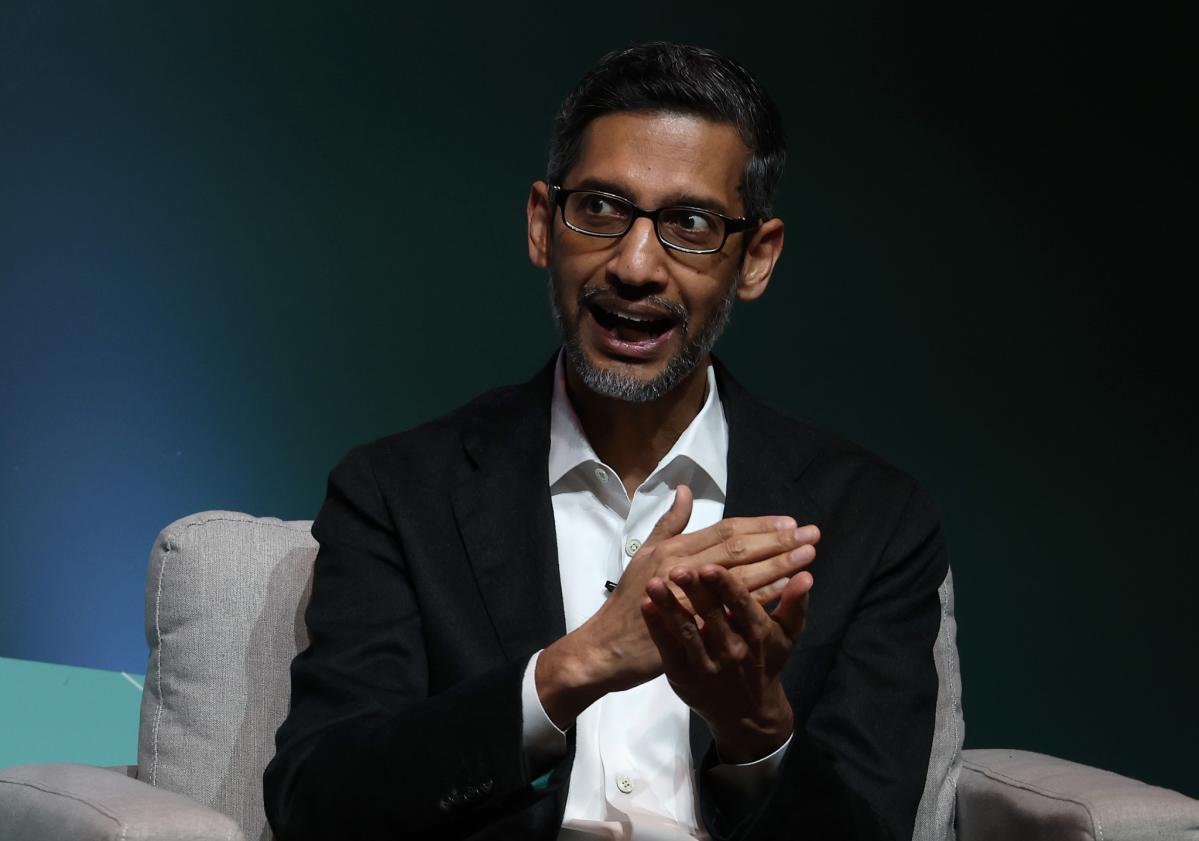
Google could be among the companies America’s Favorite Success Stories, but some people aren’t convinced that Big Tech is working as efficiently as it could be. Indeed, according to a Silicon Valley insider, half of white-collar workers at the tech giant don’t even do “real work”.
The idea that Big Tech is hiring too much talent to have it available for future projects – and to ensure it stays out of the hands of its competitors –is not new.
Individuals from last year said Fortune they had been “written by talents”: Hired by tech companies with six-figure salaries “to do nothing” except complete the occasional 10-minute task. The sources Fortune said some recruits used their weekdays to learn how to dive, while managers criticized candidates for asking too many questions.
And it seems that some companies also keep their staffs bloated with people who don’t actually contribute to moving the company forward. In fact, in some cases, their presence hinders innovation.
That’s according to David Ulevitch, general partner at venture capital firm Andreessen Horowitz, who said a “group of people” at big companies have “crappy jobs.”
Google is an “amazing example” of such a company, he told Emily Sundberg: “Feed Me » Substack Newsletter.
“Anyone who works in a company with more than 10,000 employees or a large company knows that a number of people could probably be laid off tomorrow and the company won’t really feel the difference, maybe even it would improve with fewer people inserting employees themselves into things,” the venture capital giant partner also known as a16z began. who supported the likes of Airbnb, FacebookInstagram and Roblox.
Another problem with “BS jobs” is that they hurt shareholder returns, he explained: “These people are not just useless (and coddling themselves into thinking that useless jobs actually matter) – this is not the case), but they also take money. apart from the rest of the workforce retirement programs.
“Google is an astonishing example of this. I don’t think it’s crazy to believe that half of Google’s white-collar workers probably don’t do any real work,” he continued. “The company has spent billions and billions of dollars a year on projects that have gone nowhere for over a decade, and all of that money could have been returned to shareholders who have retirement accounts. So, real people lose out when BS jobs exist.”
Google did not immediately respond Fortunerequest for comment.
Goggle’s projects
Google may certainly differ. In December The Alphabet-owned company has integrated its quickly launched Bard chatbot into a new service called Gemini, an AI model trained to behave in a human way. The rollout will happen in phases, with less sophisticated versions of Gemini called Nano and Pro immediately integrated into Google’s AI-based system. bard chatbot and its Pixel 8 Pro smartphone.
Gemini’s other launches did not go off without a hitch: its AI Image Tool sparked controversy and ridicule after creating misleading images of the race of historical figures.
But the Google team also had some victories. In January and DeepMind The product was able to solve difficult geometry proofs used to test high school students in the International Mathematical Olympiad, while using Gemini in Google’s all-important framework the search engine is running.
And even if Ulevitch, who runs Andreessen Horowitz’s American Dynamism practice, isn’t impressed with some of Google’s plans — or the perceived lack thereof, given the funding allocated — Wall Street certainly doesn’t seem to care . Shares of Google parent company Alphabet are up nearly 22% year to date and 57% over the past 12 months as of this writing.
Andreessen Horowitz did not immediately respond to Fortune’request for comment, although Ulevitch told Business Insider: “My only comment is that I think it’s one of the least controversial things I’ve ever said.”
Return to manufacturing
One consequence of Ulevitch’s concern about “BS jobs” is that America is increasingly losing the skills needed to make products and parts for its own industrial future.
Instead, he adds, “we have outsourced much of their work overseas, increasingly to countries with which we are less and less friendly (China), but also because that we have simply made these jobs less desirable.”
But where this dependence on economic rivals could deteriorate – a problem that has also JPMorgan Chase CEO Jamie Dimon worries there are also opportunities for startups to fill this gap, Ulevitch added.
So it may be good news that enrollment in career-oriented community colleges grew 16% last year to its highest level since the National Student Clearinghouse began tracking this data in 2018, as students increasingly turn to tools and trades for fulfilling careers .
In fact, the data revealed a 23% increase students studying construction trades in 2023 compared to 2022, as well as a 7% increase in HVAC and vehicle maintenance and repair programs.
This story was originally featured on Fortune.com


